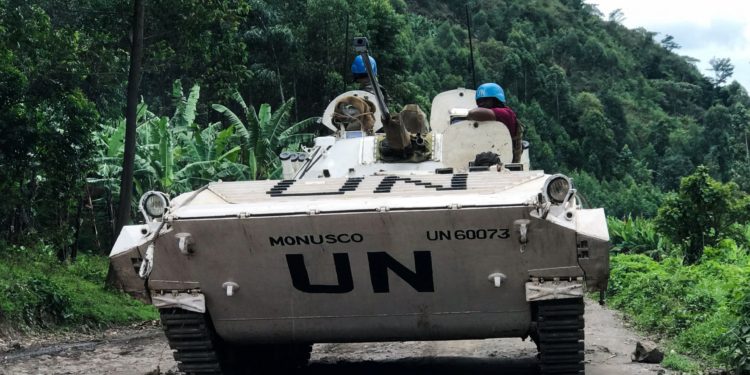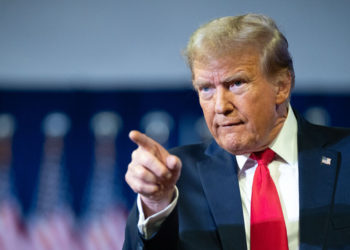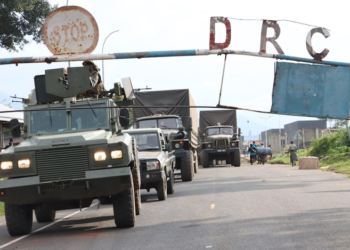By AL JAZEERA
Congolese authorities have long accused UN forces of failing to protect civilians from armed groups in the eastern DRC.
The United Nations Security Council has voted unanimously in favour of gradually phasing out its peacekeeping operations known as MONUSCO in the Democratic Republic of the Congo.
The 15-member body voted on Tuesday to draw down peacekeeping forces in the Central African nation about a year earlier than originally scheduled despite continued concerns over violence.
The decision was made as the DRC prepares for presidential and parliamentary elections on Wednesday, in which poverty and widespread insecurity are expected to be key issues for voters.
Numerous armed groups, including the Allied Democratic Forces (ADF) and M23, are active in provinces such as North Kivu, South Kivu and Ituri in the eastern DRC, where civilians face violence and displacement.
Despite concerns over security, Congolese authorities have persistently called for the UN to scale down its presence in the country, saying it has failed to protect civilians from armed groups.
DRC President Felix Tshisekedi, who is running for re-election, said in remarks at the UN General Assembly in September that he had called on his government to accelerate the withdrawal of MONUSCO’s 14,000 soldiers so it would commence by the end of the year.
UN forces operating in other African nations have faced similar criticism. In June, the UN voted to end a decade-old peacekeeping mission in Mali after calls to do so from the country’s military government.
Wednesday’s elections are seen as a crucial test for democracy in the DRC, where only one peaceful transition of power has occurred in 63 years.
Tshisekedi won the December 2018 presidential election, which was tainted by allegations of voting irregularities, and voters have expressed concerns that Wednesday’s vote could face similar issues or even an outbreak of violence.







Discussion about this post